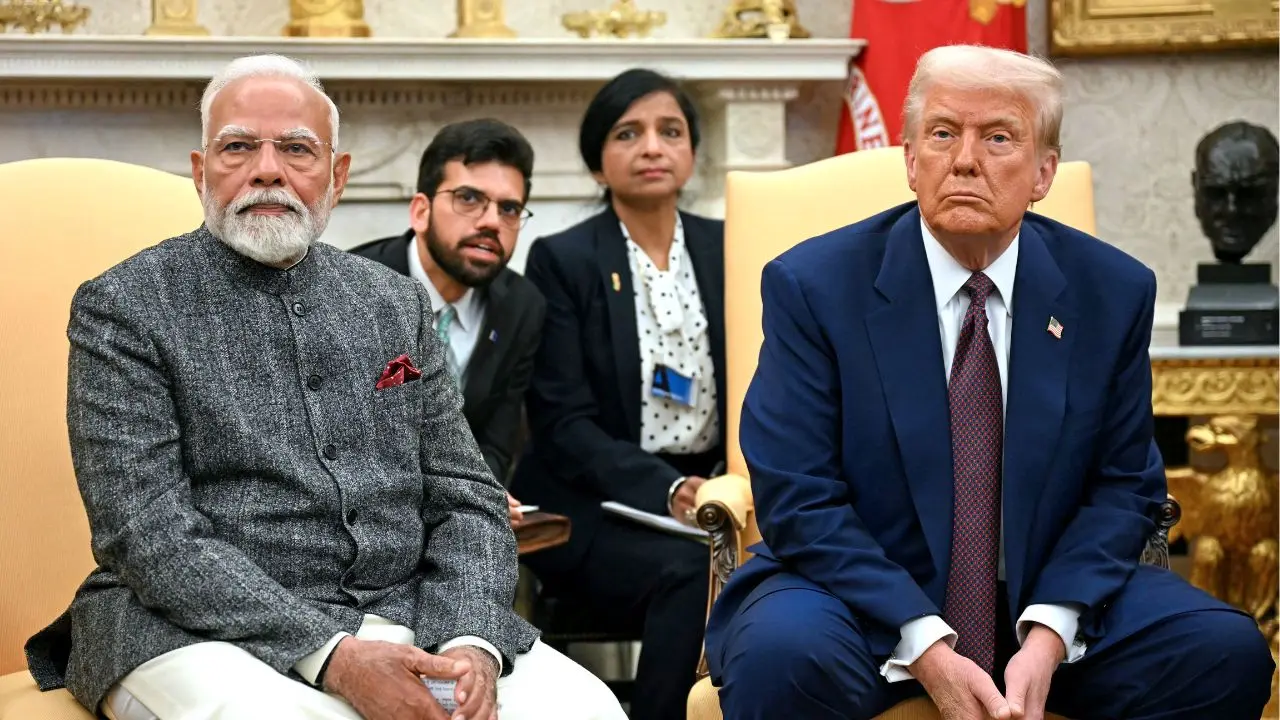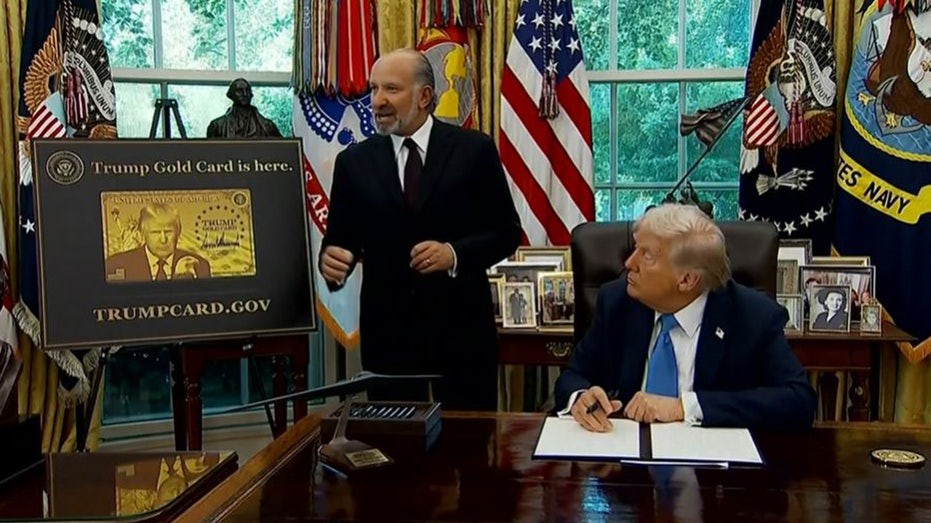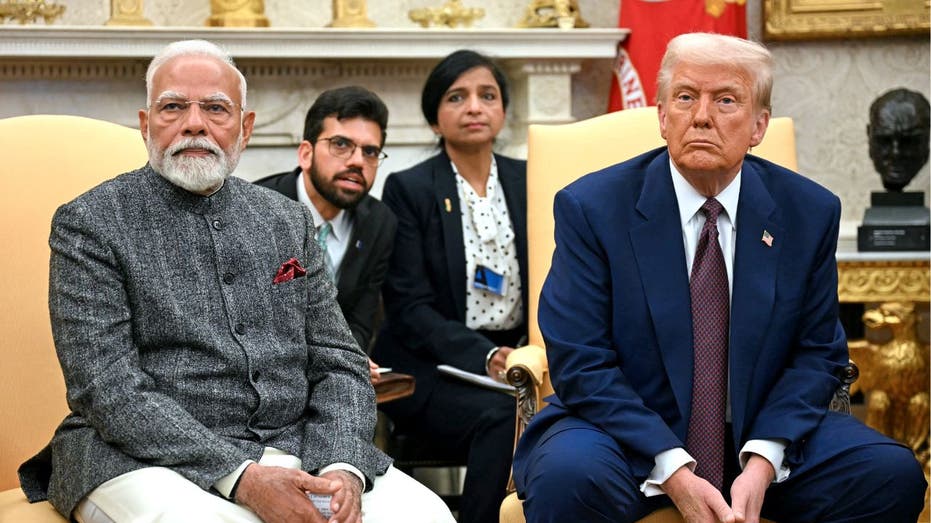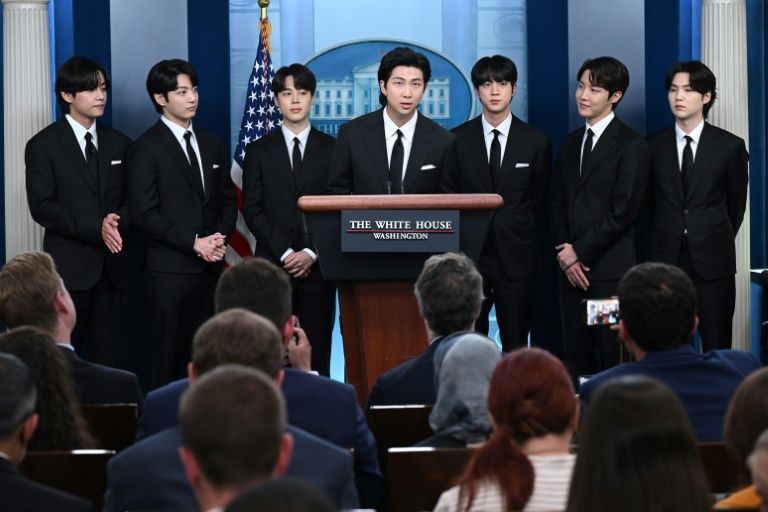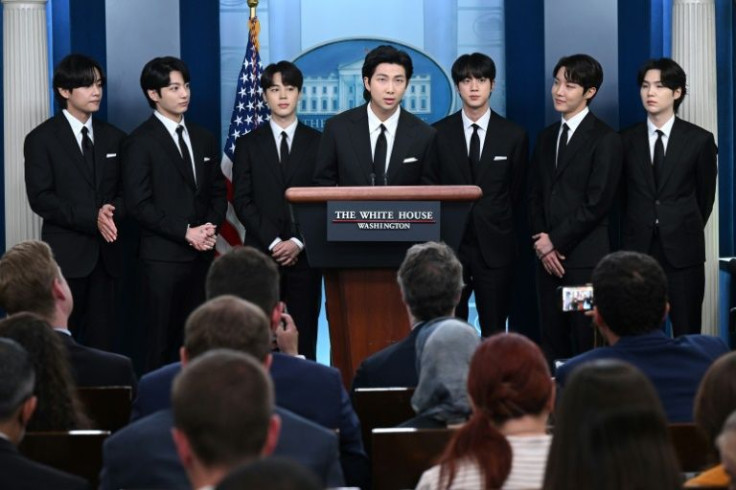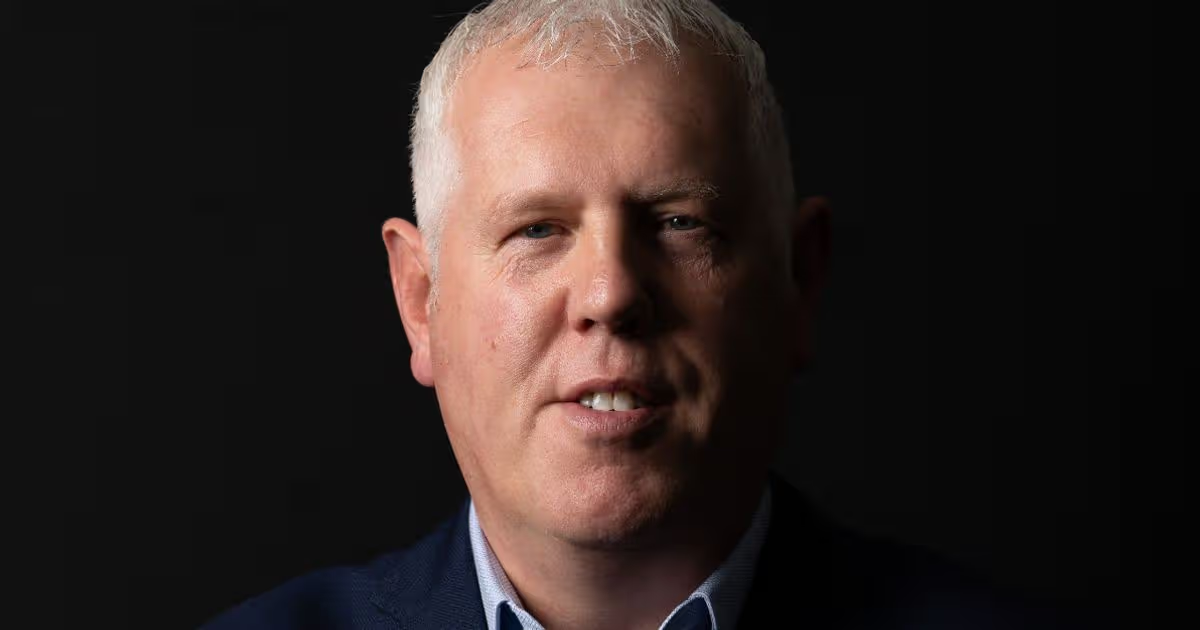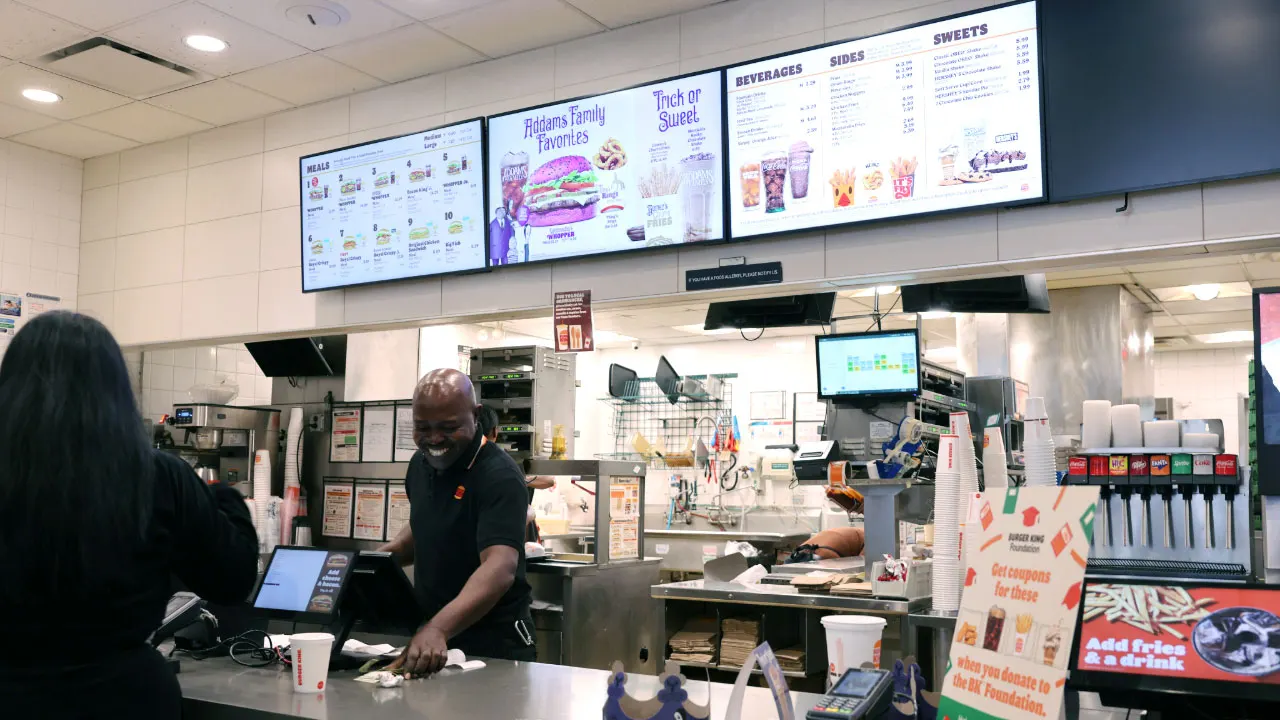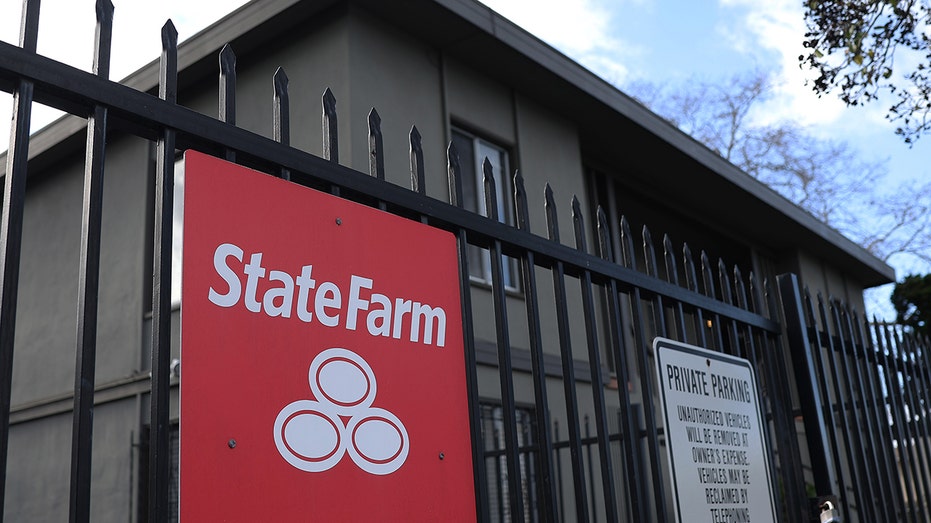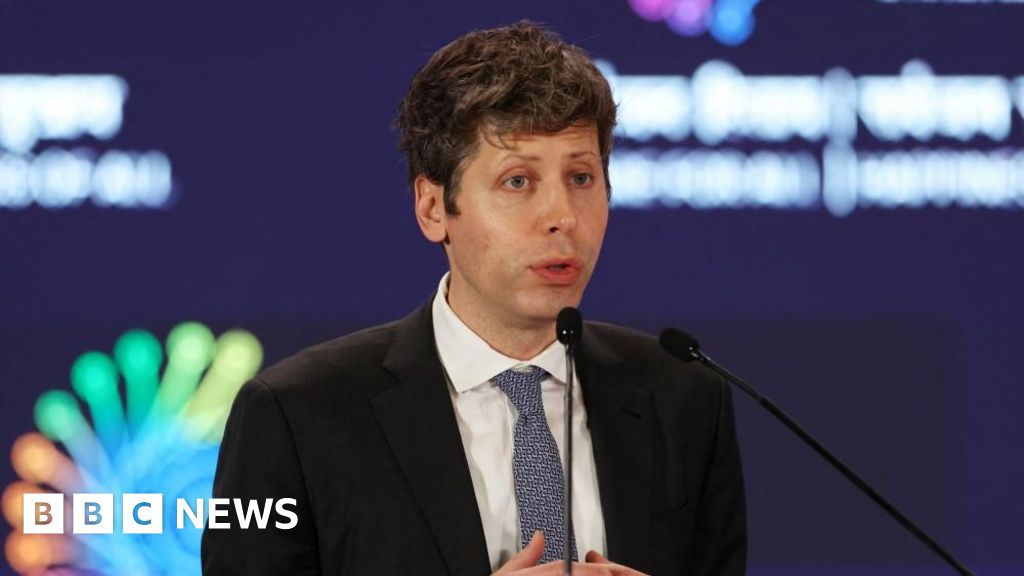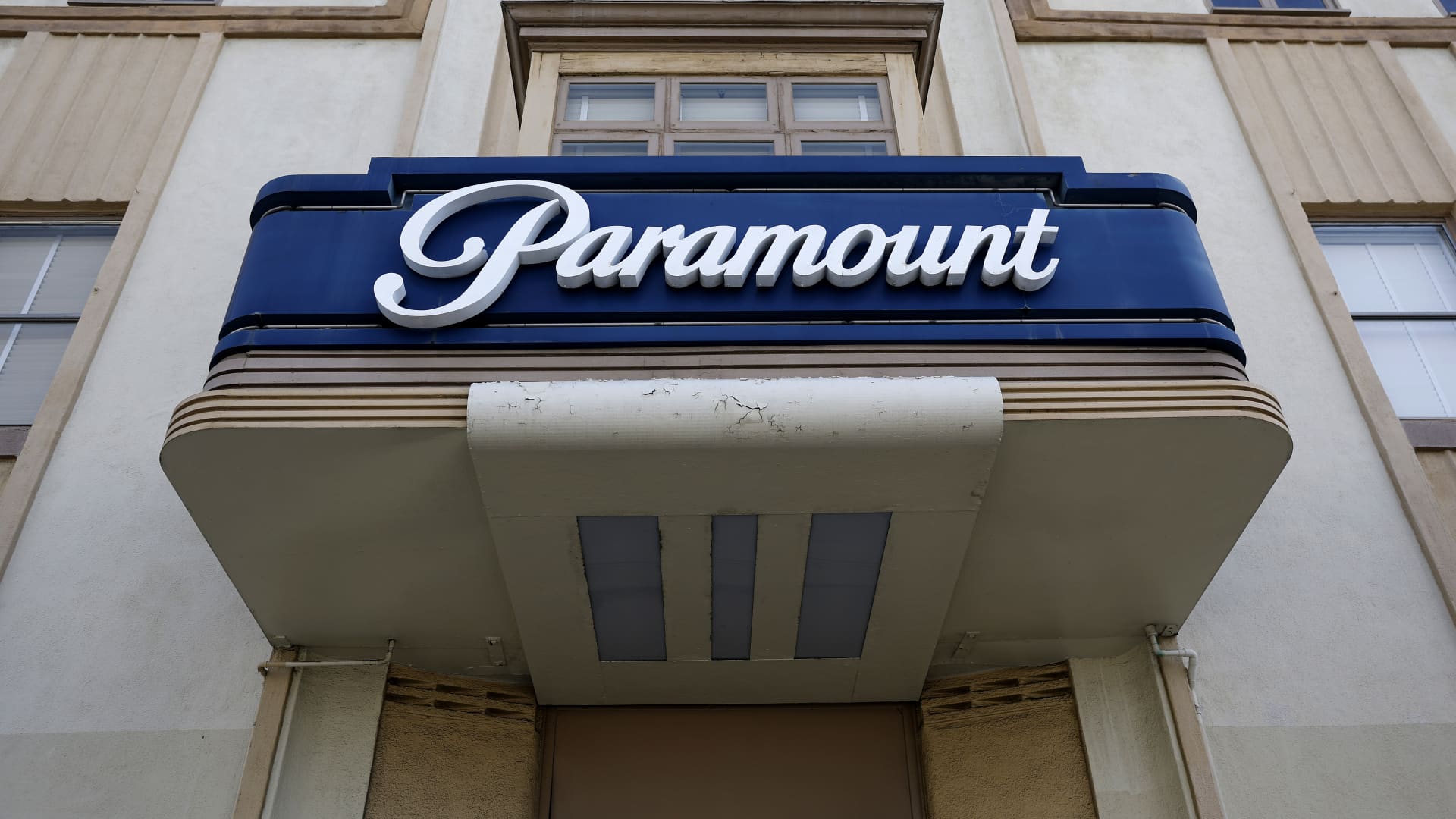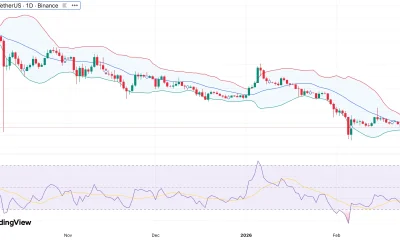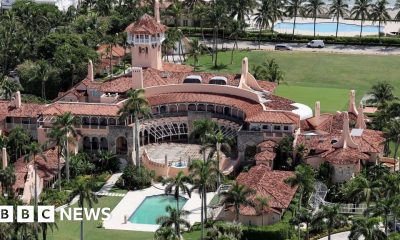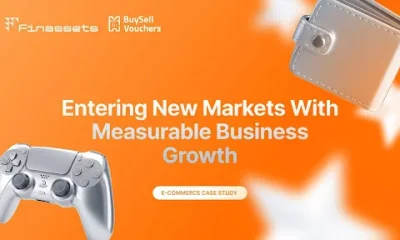The founder of the North East-based technology and managed cyber security services business answers our questions
Kevin Howell is the entrepreneur behind HTG, which employs 20 staff and serves customers nationwide.
What was your first job (and how much did it pay)? Trainee software engineer (YTS) £29.50 a week and a £6.50 bus pass — certainly not much money, but a great starting point and a foot in the door.
What is the best advice or support you’ve been given in business? It’s an old one, but find a job you love and you will never work a day in your life. I think this is getting tougher, but passion and attitude are key for me and still make a huge difference day to day.
What are the main changes you’ve seen in your business/sector, and what are the challenges you’re facing? Speed of change. Covid, AI, and cyber security threats have accelerated delays and decision paralysis (for the better) and forced organisations to rethink how they operate. Challenges faced are innovation being seen as a cost, not an enabler. Lots of key clients have been told to keep the lights on and reduce spend, a major backward step in my opinion when you have the opportunity to be a disruptor and be an innovator (be a Netflix or stay the same Nokia/BlackBerry/Blockbuster.)
What would your dream job be? It’s a bit sad/boring, sorry — but a professional golfer or footballer, but sadly lacking the ability
What advice would you give to someone starting out a career in your sector? I get this asked a lot. We all come from different backgrounds and abilities, but I would say don’t compare yourself to others, and commit to being the best person you can be because progress is different for everyone.
What makes the North East a good place to do business? The North East is well-known to be friendly, hardworking, and dare I say… trustworthy. I often say our company name, HTG, means Have To Graft, but we all are doing the graft to help each other and deliver the best outcome for our customers and partners, which creates strong long-term relationships. Without them, we don’t exist.
How important is it for business to play a role in society? This resonates with me a lot. When I left school in 1990, things in the North East were pretty grim and all the talk was about looking in the rear-view mirror, past success about Swan Hunter shipyards, coal mining etc — massive parts of our heritage and pride, which were history. What stood out was pride, passion and graft, which are a massive heritage and still exist today. Whatever you call it, given the opportunity the North East has what it takes to deliver the next generation of AI with the human in the loop. Our compassion and genuine awareness of what people need/want — with the secret sauce also known as experience — could be a game changer.
Outside of work, what are you really good at? Golf and developing the next generation of England golfers
Who would play you in a film about your life? Some say Hugh Grant after my awful dance at my 50th — apparently the resemblance was uncanny.
Which three people would you invite to a dinner party, and why? Kevin Keegan, Chuck D (Public Enemy), and Steve Jobs — all are such disruptors and influencers in life for a variety of reasons and have shaped culture, leadership, and innovation in very different ways.





